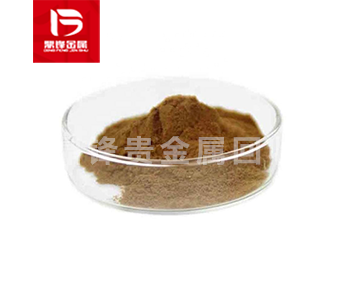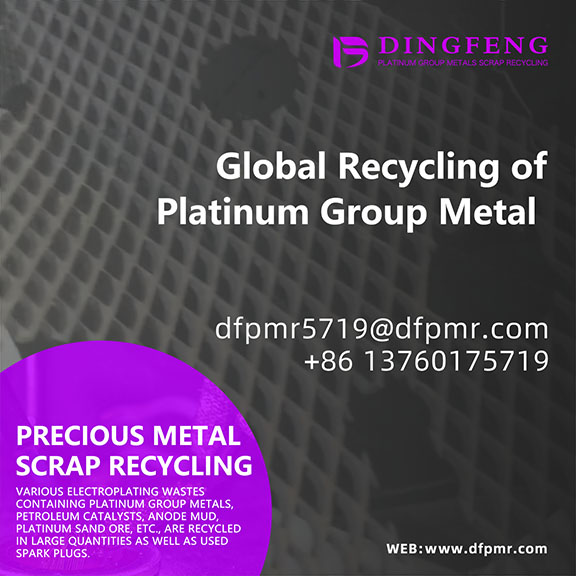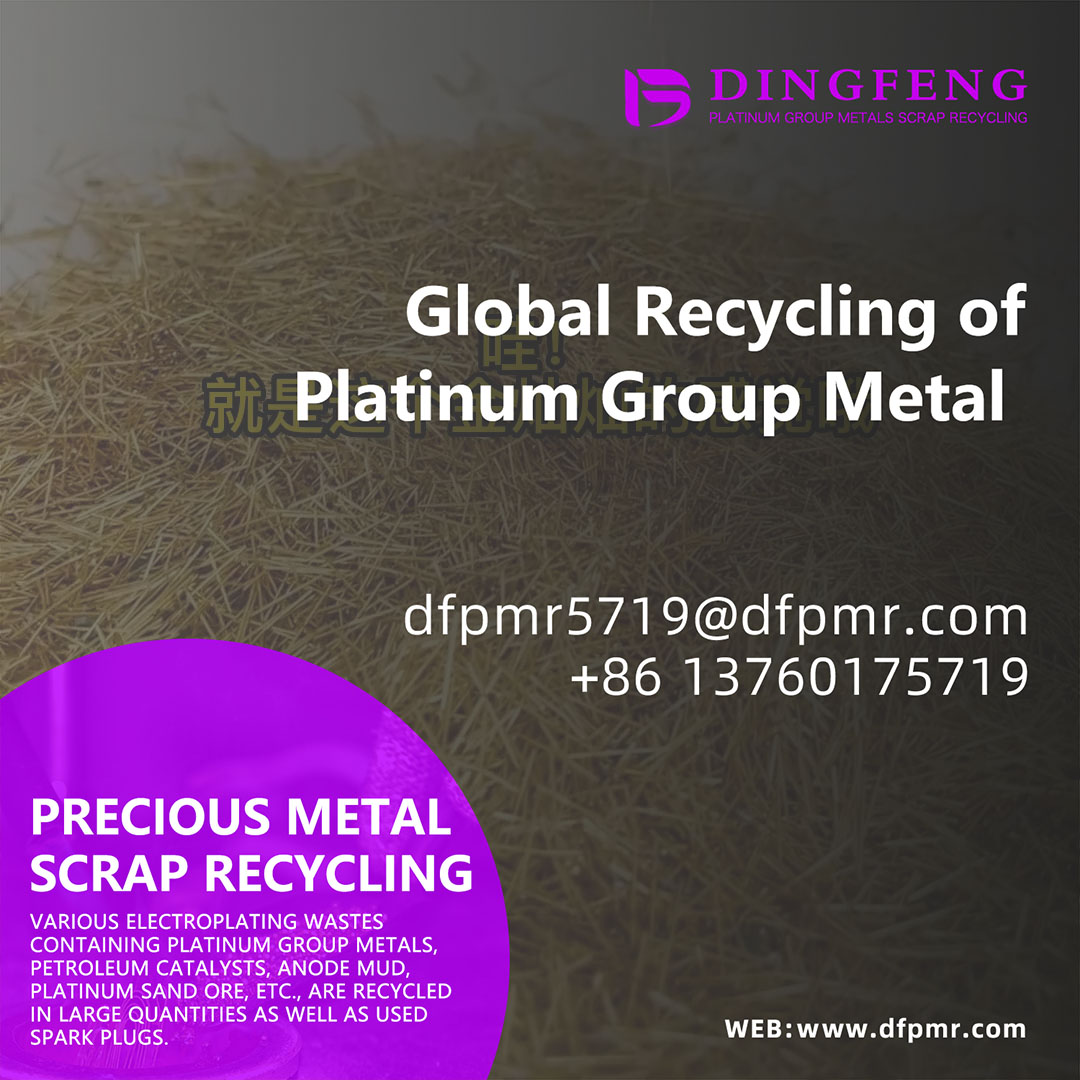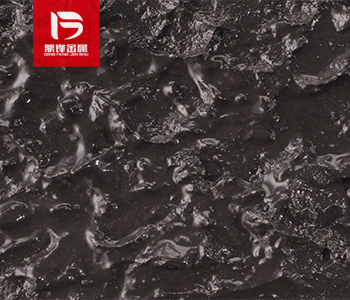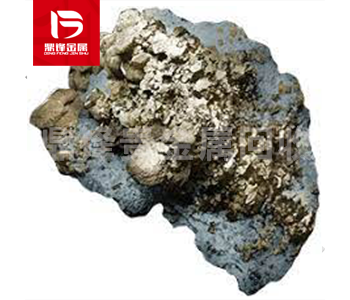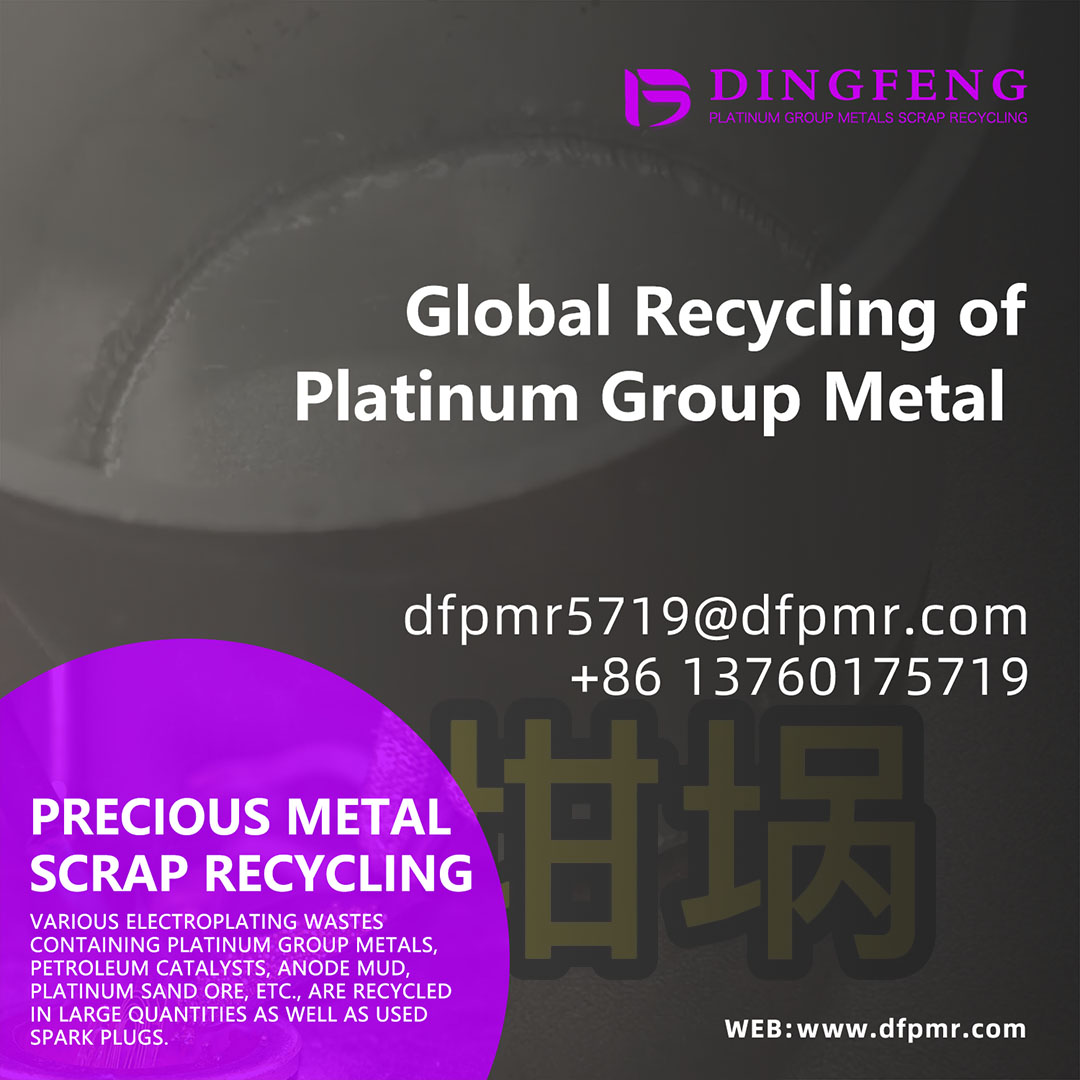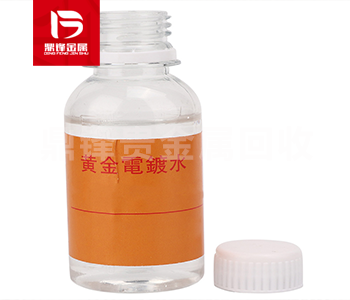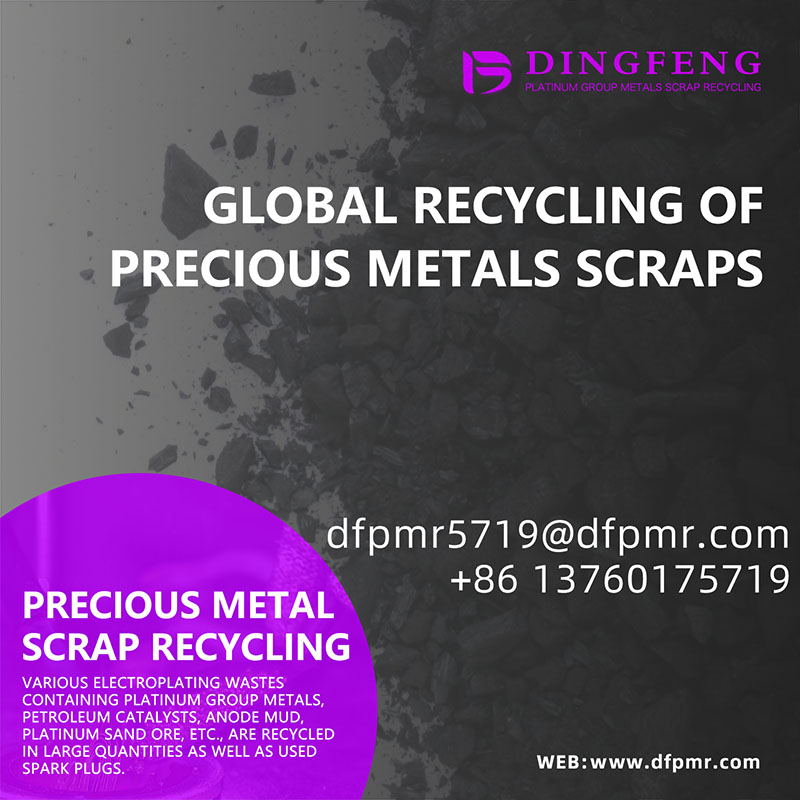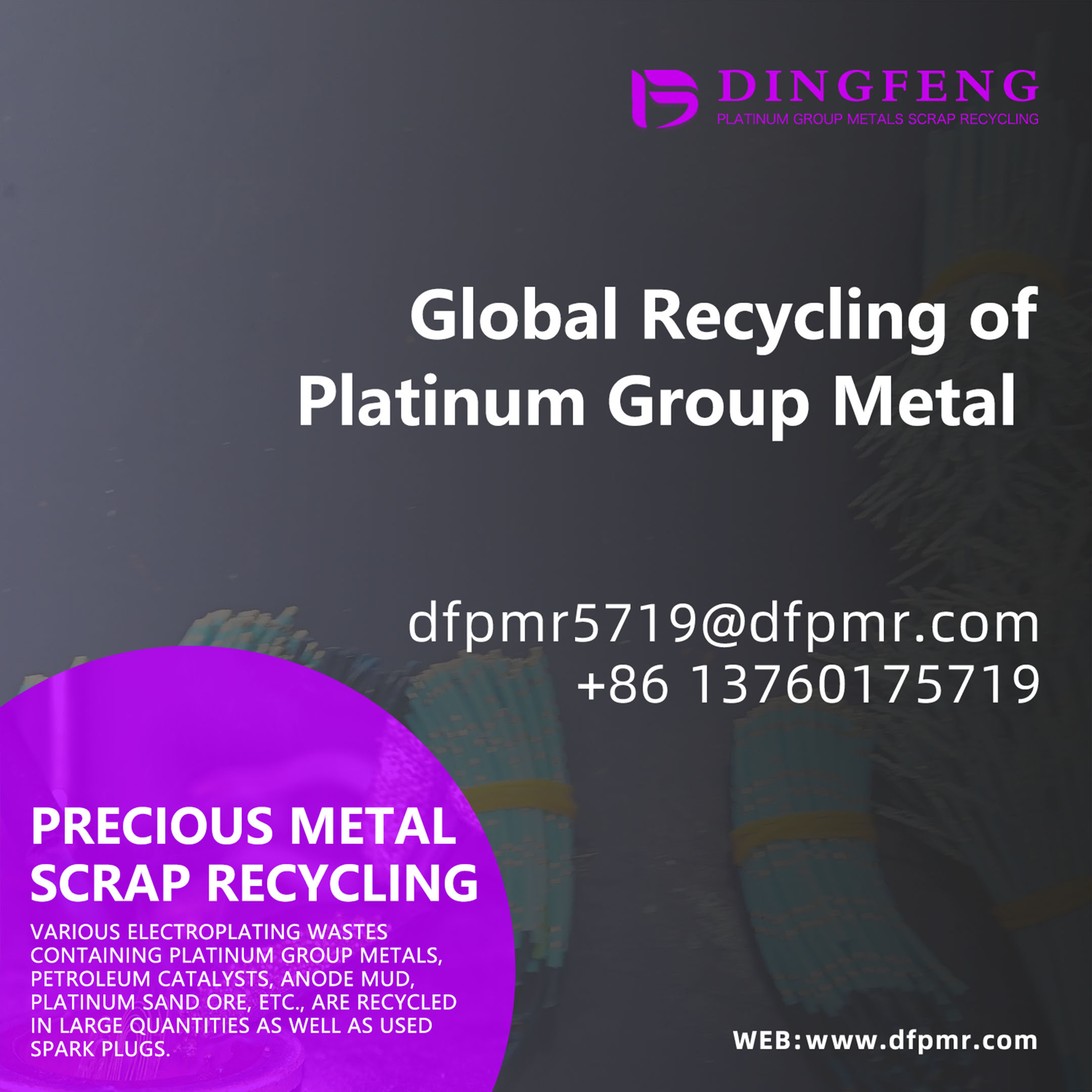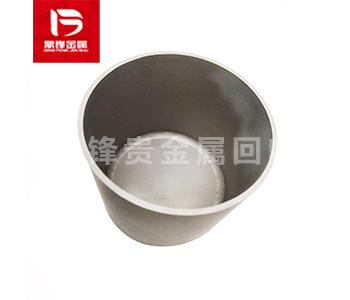Platinum chloride recovery_ Platinum chloride recovery_ Precious metal catalyst recycling manufacturer
Platinum chloride, also known as platinum chloride, is an important inorganic compound with the chemical formula PtCl₂. It has good thermal stability and solubility, and can be dissolved in water and a variety of organic solvents, such as alcohols, ethers and ketones. Waste platinum chloride is one of the sources of recycling waste platinum-containing precious metal catalysts. Other sources of recycling waste platinum-containing precious metal catalysts include platinum oxide recycling, platinum carbon recycling, platinum carbon catalyst recycling, platinum nitrate recycling, platinum rhenium catalyst recycling, chloroplatinic acid recycling, etc.
Product Details
Platinum chloride, also known as platinum chloride, is an important Inorganic compound with the chemical formula PtCl ₂. It has good thermal stability and solubility, and can be dissolved in water and various organic solvents, such as alcohols, ethers, and ketones. Platinum chloride is a six coordinated compound in which the platinum atom is surrounded by six chloride ions. This coordination structure makes platinum chloride have important catalytic properties in chemical reactions.
Platinum chloride can be prepared through various methods, among which the following are several common methods:
1. Direct Chloride process: This is the most common method for preparing platinum chloride. At high temperatures, platinum metal reacts directly with chlorine gas to generate platinum chloride. This reaction can be represented by the following equation: Pt+Cl ₂ PtCl ₂ This method is suitable for industrial production, but requires high temperature and the presence of chlorine gas.
2. Platinum chloride method: This method prepares platinum chloride by reacting platinum oxide (PtO) or other platinum compounds with hydrochloric acid (HCl). In the reaction, platinum chloride (PtCl ₂) is generated, and then converted into platinum chloride by adding ammonium chloride (NH ₄ Cl): PtO+2HCl PtCl ₂+H ₂ O, PtCl ₂+2NH ₄ Cl (NH ₄) ₂ [PtCl ₄]+2HCl. Through further treatment, pure platinum chloride can be precipitated from (NH ₄) ₂ [PtCl ₄].
3. Chlorine oxidation method: At high temperature, platinum metal reacts with chlorine gas to generate platinum chloride (PtCl ₂). Then, platinum chloride is converted into platinum chlorate (H ₂ PtCl ₆) through the oxidation of chlorine gas. Finally, by adding sodium chloride (NaCl), the chloride ions in platinum chlorate are replaced with platinum chloride: Pt+Cl ₂ PtCl ₂, PtCl ₂+3Cl ₂+4H ₂ O H ₂ PtCl ₆+4HCl, H ₂ PtCl ₆+2NaCl PtCl ₂+2NaCl+6HCl This method requires a series of reaction steps, but can be used to prepare high-purity platinum chloride.
Waste platinum chloride is one of the recycling sources of platinum containing precious metal catalyst waste. The recycling sources of platinum containing precious metal catalyst waste include platinum oxide recovery, platinum carbon recovery, platinum carbon catalyst recovery, platinum nitrate recovery, platinum rhenium catalyst recovery, Chloroplatinic acid recovery, etc. If you have any demand for waste recycling, please call our 24-hour service hotline. Dingfeng Precious Metal Recycling and Refining Factory has independent recycling and refining factories without intermediaries to earn price differences. Our professional technical team and customer service personnel provide one-on-one services to ensure customer privacy during the recycling process.


